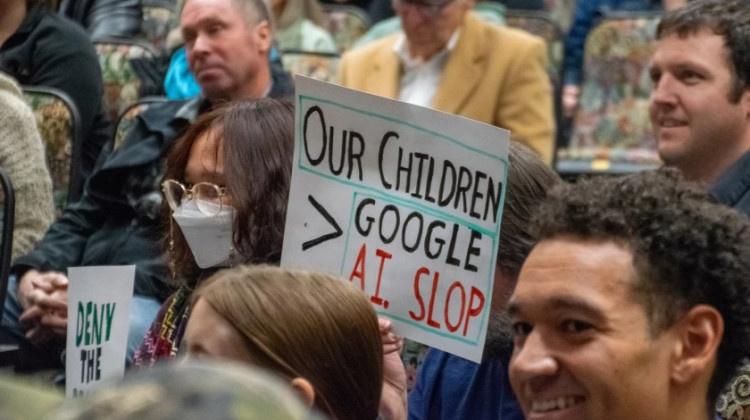Ethics experts and former lawmakers say ethics reform must be rooted in a creating a culture of values in government. Controversies over the past year involving a House lawmaker, an INDOT official and the former State Superintendent spurred a call for reform from the legislature.
Citizen advocacy groups such as Common Cause Indiana, which organized a panel discussion at the Statehouse Friday, have long stressed a need for robust reform. Former Indiana State Representative David Yount, who took part in the event, says citizens can play a big role in the reform effort.
“You know it’s easy to think of it as kind of a faceless body of a hundred people, but when you’re meeting one-on-one with your individual legislators and you’re telling them what you think is important, it doesn’t take long to build consensus," Yount said. "So if legislative ethics is important to you, I guarantee it will be important to them.”
John Schaaf is with the Kentucky Legislative Ethics Commission and says one of the most beneficial things his state does is annual ethics training for all lawmakers.
“Where none of them are trying to make a point to the disadvantage of another one, nobody’s trying to appear to be smarter or more electable than anybody else," Schaaf said. "They all have a common goal of dealing with and complying with this ethics law.”
Yount says legislative leadership should make ethics training a part of the orientation for new lawmakers.
 DONATE
DONATE







 View More Articles
View More Articles


 Support WFYI. We can't do it without you.
Support WFYI. We can't do it without you.